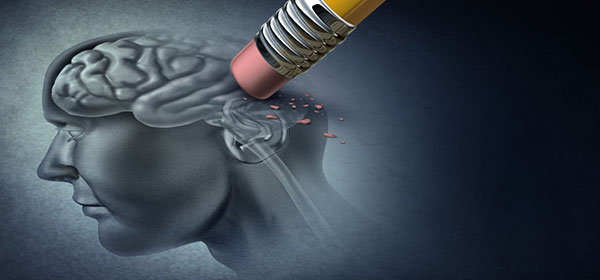Anne wants to know the difference between Alzheimer’s and dementia.
•••
Q. Anne
You often write about Alzheimer’s and dementia, and many times I’ve thought that one cure or treatment for one would just fix both, but I was chatting about this with my friend the other day and I was told that’s not the case. When I asked why, he couldn’t tell me. Can you tell me the difference?
A. You’re not the first person to be confused by these two terms. If I’m being honest, I was also confused about them prior to writing about both so many times over the past years. I thought they were the same thing.
The words dementia and Alzheimer’s have been around for over 100 years, so we’re probably not the only two people in the world who’ve been unsure of the difference.
Alzheimer’s is the most common form of dementia. It accounts for around 60 to 80 per cent of dementia cases. Vascular dementia is the second most common form and is caused by high blood pressure. Behind these two forms comes alcohol-related dementia, Parkinson’s dementia and frontotemporal dementia.
There are other medical conditions that resemble dementia and can cause serious memory problems down the line.
While all of these are different forms of dementia, the correct diagnosis means getting the right treatment, including therapies, medicines and other cognition enhancing drugs.
You may be eligible to participate in a clinical trial for Alzheimer’s, which could halt the progression of the disease and give you more years of quality life.
Put in simple terms, dementia is a non-reversible decline in mental function.
It’s an overarching term used to describe cognitive impairment, such as chronic memory loss, impaired reasoning, Alzheimer’s, or any memory disorder chronic enough to severely interfere with your daily life.
Alzheimer’s is a specific disease that irreversibly destroys memory and thinking skills, and eventually leads to the total inability to carry out the simplest tasks.
While no cure has been found for Alzheimer’s, scientists believe they have identified biological evidence of the disease: amyloid plaques and tangles in the brain.
If you begin to feel consistently disoriented, disorganised, experience language impairment and memory loss, you should see your doctor for a diagnosis. If you have two or three of these conditions, you may have dementia.
Your doctor or neurologist will most likely administer several mental-skill challenges to calculate the extent of your dementia.
There is no definitive test for Alzheimer’s. Diagnosis is mostly made after observation and negating all other possibilities.
In other words, diagnosing Alzheimer’s disease is a guessing game, but one which has an 85 to 90 per cent accuracy rate.
There is, however, a new PET scan that can diagnose with 95 per cent accuracy, but it’s usually only recommended to identify Alzheimer’s when symptoms aren’t otherwise obvious.
Read more at www.aarp.org
Have you ever worried about any of the symptoms of dementia? Were you aware of the difference between Alzheimer’s and dementia?
Related articles:
Dementia prevention starts when?
New dementia trigger revealed
Scientists reverse dementia effects

